络合萃取法分离有机酸水溶液的研究毕业论文
2020-04-21 16:58:41
摘 要
有机酸的分离工艺一直以来都存在分离难度大、耗能高、污染严重等问题,而络合萃取法的提出则很好的改善了这一状况。
络合萃取法具有耗能低、污染小、萃取剂可循环使用的优点,值得进行深入研究。本文选取磷酸三丁酯和三辛胺作为主要研究对象,加入改质稀释剂正丁醇,分别对一元酸:甲酸、乙酸;二元酸:丁二酸;三元酸:柠檬酸进行萃取。通过调节稀释剂和萃取剂的比例,对比了不同比例下各个组合的理化性质,选出最佳分配比的组合,并以此展开对萃取络合体系的进一步研究。而对于影响分配比的因素,我们从温度、盐析两个方面进行了研究,结果显示温度的升高会抑制络合萃取反应的发生,而无机盐的加入在一定范围内可促进该反应的进行。另外我们采用了斜率法对不同萃合物的萃合比进行了计算。与此同时,我们运用了红外光谱仪分别对萃合物的成键机制进行了讨论,我们发现氢键缔合机制普遍存在与两种萃取剂与有机酸形成的萃合物中。最后为了我们通过反萃,对萃取剂进行了回收,再生萃取剂表现出了良好的萃取效果。
关键词:磷酸三丁酯 三辛胺 正辛醇 络合萃取 有机羧酸 反萃取
Absract
The separation process of organic acids has always had problems such as high separation difficulty, high energy consumption and serious pollution, and the introduction of complex extraction method has improved this situation very well.
The complex extraction method has the advantages of low energy consumption, low pollution, and recyclable extractant, which is worthy of further study. In this paper, tributyl phosphate and trioctylamine were selected as the main research objects, and the modified diluent n-butanol was added to extract mono-acid: formic acid, acetic acid; dibasic acid: succinic acid; tribasic acid: citric acid. By adjusting the ratio of diluent and extractant, the physical and chemical properties of each combination at different ratios were compared, and the combination of the best distribution ratios was selected, and further research on the extraction complex system was carried out. For the factors affecting the distribution ratio, we have studied from the two aspects of temperature and salting out. The results show that the increase of temperature will inhibit the occurrence of complex extraction reaction, and the addition of inorganic salt can promote the reaction within a certain range. get on. In addition, we used the slope method to calculate the extraction ratio of different extracts. At the same time, we used infrared spectrometer to discuss the bonding mechanism of the extract. We found that the hydrogen bond association mechanism is common in the extracts formed from the two extractants and organic acids. Finally, in order to collect the extractant by reverse stripping, the regenerated extractant showed a good extraction effect.
Keywords: tributyl phosphate trioctylamine n-octanol complex extraction organic carboxylic acid back extraction
目录
- 文献综述................................................................................................................1
1.1 有机酸溶液分离方法概述.....................................................................................1
1.2 络合萃取法的基本机制.........................................................................................2
1.3 络合萃取剂的再生方法.........................................................................................3
1.3.1温度对萃取剂再生的影响...........................................................................3
1.3.2 pH摆动效应对萃取剂再生的影响..............................................................3
1.4 萃取过程动力学.....................................................................................................4
1.5 络合萃取剂的应用与前景.....................................................................................4
第二章 磷酸三丁酯萃取有机酸的研究 5
2.1 实验材料 5
2.2 实验流程 6
2.3 络合萃取剂理化性质的测定 6
2.3.1 不同提及比例萃取剂萃取有机羧酸稀溶液的分配比 6
2.3.2 TBP混合萃取剂比重的测定 6
2.3.3 TBP混合萃取剂黏度的测定........................................................................7
2.3.4 其他理化性质的比较................................................................................. 8
2.4 实验结果及讨论 8
2.4.1 各有机羧酸对分配比的影响 8
2.4.2 萃取达到平衡所需时间的确定 8
2.4.3 温度与络合萃取平衡的关系研究 11
2.4.4 盐析效应对络合萃取平衡的影响 12
2.5磷酸三丁酯萃取有机羧酸机理的研究 15
2.5.1 盐析效应对络合萃取平衡的影响 15
2.5.2 萃合物化学成分的确定 17
2.6络合剂的反萃与再回收 20
2.7本章小结 20
第三章 TOA萃取有机酸溶液的研究 22
3.1 实验流程 22
3.2 络合萃取剂成分的确定 22
3.3 实验结果及讨论 24
3.3.1 萃取温度和分配比的关系 24
3.3.2 三辛胺萃取甲酸机理的研究 25
3.3.3 盐析效应对络合萃取平衡的影响 26
3.4萃取剂的反萃与再生 28
3.5 本章小结 29
第四章 结论与展望 30
参考文献 32
第一章 文献综述
1.1有机酸稀溶液分离方法概述
在水溶液中,溶质通常以阴阳离子形式以及荷电中性分子或者中性分子及阴离子的状态存在,而由于荷电中性分子极性和活度系数的关系,水溶液中的荷电中性分子往往是难以分离的,如氨基酸等含有两性官能团的化合物,时重要的食品医药工业的中间体。对于此类化合物,调节pH值是常见的分离方法,利用阳离子交换或者阴离子交换来分离此类物质。然而由于这类方法对环境的有极大损害,因此,一直以来人们都在寻找更为合适的方法,不光是对分离方法的一种完善,更是开发稳定高效环保工艺的追求。Keters和King[1]总结了前人的工作,对此进行了总结归纳。我们主要涉及的分离方法包括沉淀法、精馏法、吸附法、膜分离法、液体离子交换法、物理萃取法和化学萃取法等,如表1-1。
表1-1有机酸各分离方法特点与不足
Table 1-1 Characteristics and disadvantages of various separation methods of organic acids
方法 | 特点 | 不足 |
沉淀方法 | 可用于回收柠檬酸和乳酸 | 试剂消耗量大,废物难处理,酸损失大 |
精馏法 | 恒沸精馏和恒沸精馏加溶剂萃取 | 只适用于挥发性酸 |
吸附法 | 无污染,稀溶液有效 | 生产要求有限 |
膜分离法 | 效率高,无返混 | 膜的的制备、寿命、污染等方面存在问题 |
液体离子交换法 | 季铵盐用于液体阴离子交换物质 | 消耗盐或酸 |
物理催化法 | 利用溶质在两互不相溶的液相中不同分配系数的关系分离 | 相平衡分配系数低 |
化学萃取法 | 可逆络合反应具有高效性,高选择性,反萃取剂溶液再生简单,成本低 | 萃取体系相对复杂,一些络合萃取剂体系生物相容性较差 |
1.2络合萃取法的基本机制
相关图片展示:
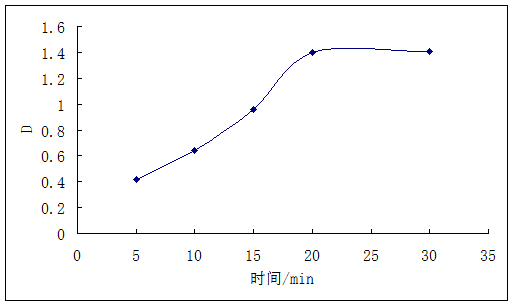
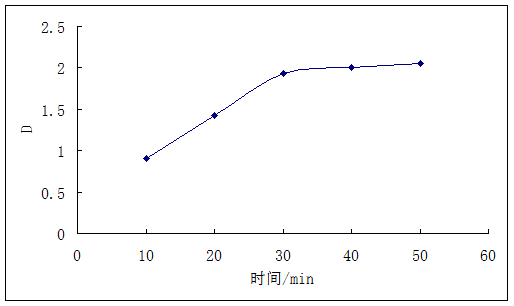
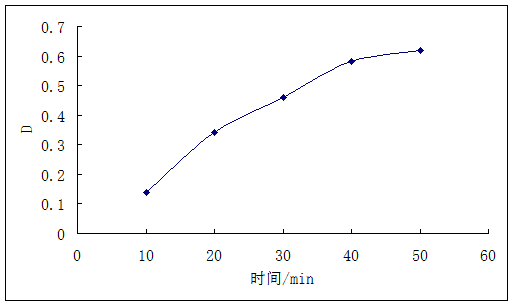
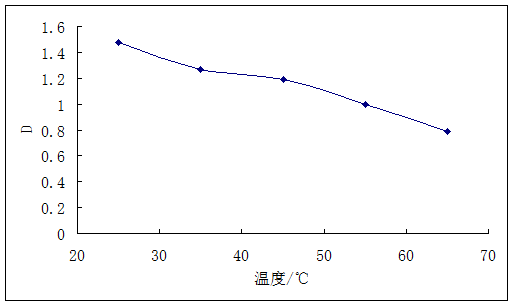
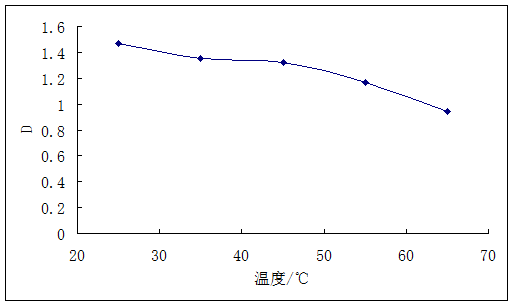
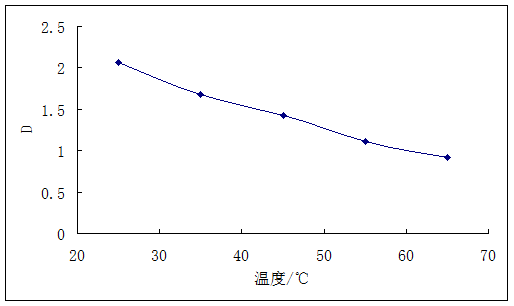
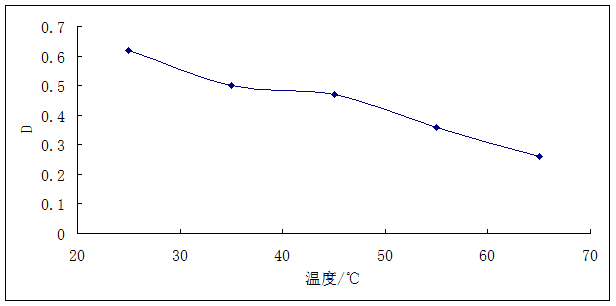
课题毕业论文、开题报告、任务书、外文翻译、程序设计、图纸设计等资料可联系客服协助查找。



